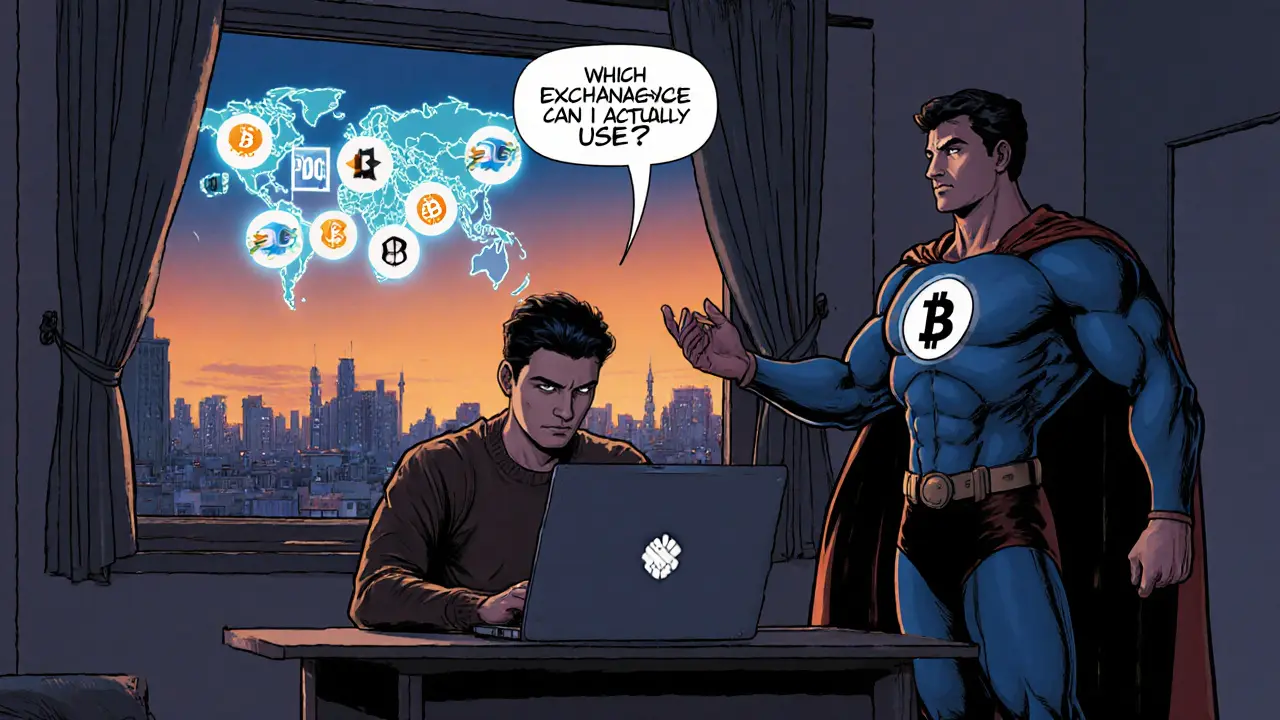When navigating crypto exchanges for Iranians, platforms that let Iranian residents buy, sell, or swap digital assets while handling local legal and sanction constraints. Also known as Iran‑friendly crypto exchanges, it requires careful choice of regulated services or decentralized solutions to stay compliant, you quickly hit three big questions: Are the services allowed under Iranian crypto regulations, the set of rules governing digital‑asset activity in Iran? Does the platform respect sanctions compliance that protects you from frozen funds? And should you use a centralized exchange (CEX), a traditional crypto venue that holds your assets in its own wallets or a decentralized exchange (DEX), a peer‑to‑peer system where you keep control of your keys? The answer isn’t one‑size‑fits‑all, but the right mix can give you low fees, solid security, and a clear legal path.
First, check if the exchange complies with Iranian crypto regulations, which require licensing, AML/KYC checks, and sometimes local partnership. A CEX that holds a local license usually offers easier fiat on‑ramps, but it also asks for personal documents that many users prefer to avoid. A DEX skips most paperwork, yet you must verify that it doesn’t fall under any international sanction list – many DEXs operate from jurisdictions that ignore Iranian users, which can be a double‑edged sword. Second, look at security and custody. With a CEX, the exchange secures the funds, meaning you rely on their tech and insurance. With a DEX, you keep the private keys, so you need a good wallet and backup plan. If you’re new to crypto, a reputable CEX might feel safer, but learning to manage a hardware wallet can boost long‑term control. Third, compare fees and liquidity. Centralized platforms often have lower spreads and higher depth, which matters if you trade big amounts. Decentralized platforms can charge higher gas fees, especially on congested chains, but some newer DEXs on layer‑2 solutions cut costs dramatically. Look for exchanges that support popular Iranian payment methods – a few CEXs allow direct IRR deposits, while others only accept stablecoins. Finally, consider community support and education. Many Iranian traders rely on local forums and Telegram groups to share tips about which exchanges stay online during political shifts. A platform with an active chat, clear FAQs, and responsive support can save you hours of troubleshooting.
Armed with these pointers, you’ll be able to spot the services that match your risk tolerance, trading style, and legal needs. Below you’ll find a curated collection of articles that break down specific exchanges, explain licensing updates, and dive into the latest DEX trends for Iranian users. Use them as a roadmap to build a secure, compliant crypto routine that fits your daily life.

A 2025 guide listing domestic and top international crypto exchanges that accept Iranian users, covering fees, security, regulatory changes, and how to choose the best platform.